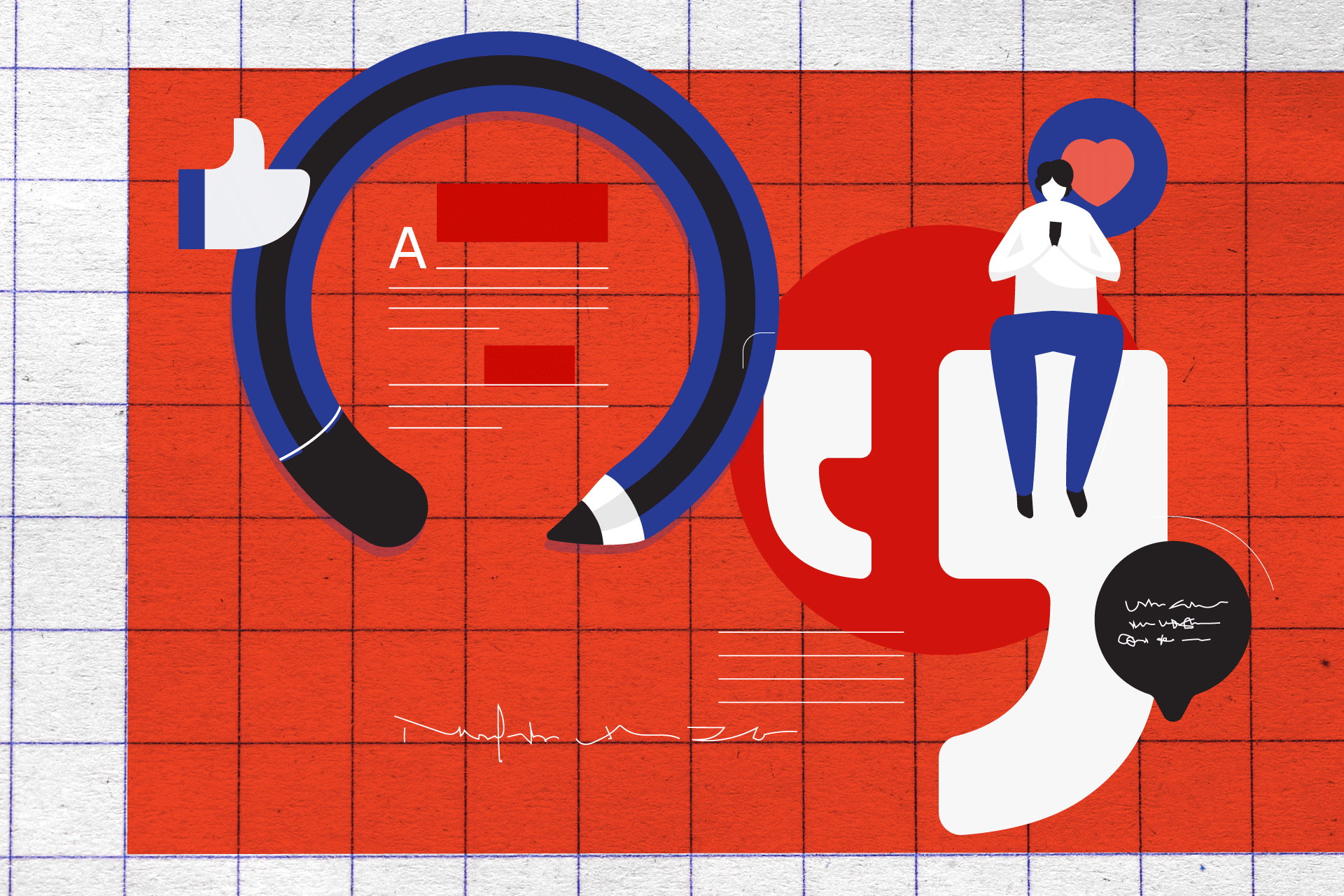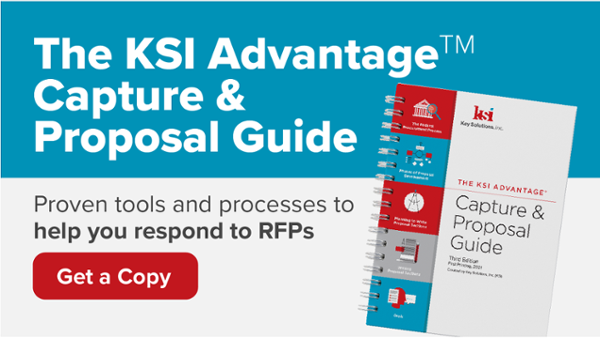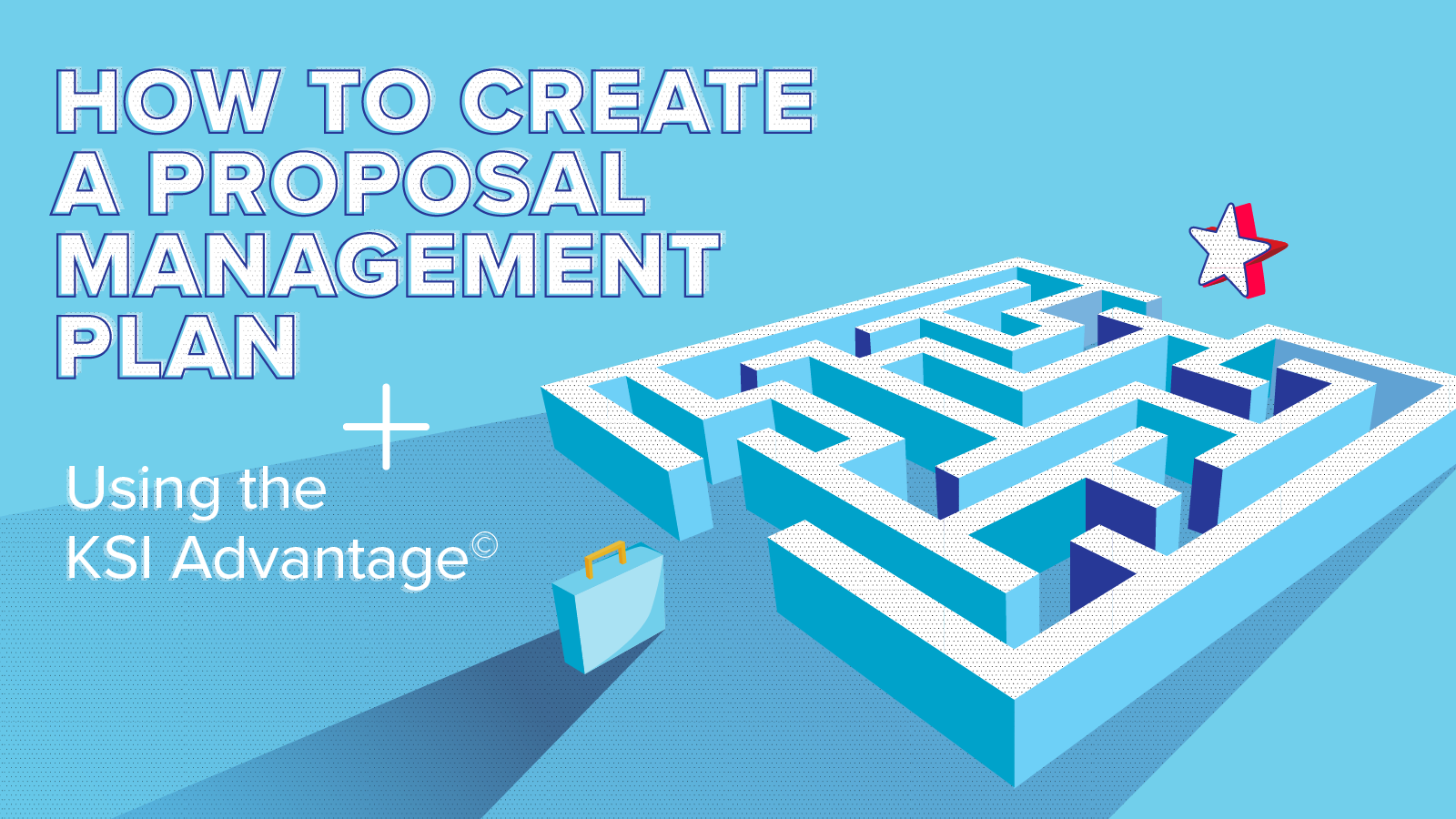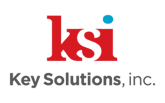
Congratulations! You survived the proposal busy season and you finally have some downtime. So, now what?
You have just entered the off-season. In the Federal and State & Local space, off-season takes place at the end of the fiscal year when RFP releases slow. This time is very valuable for a variety of reasons. First, it gives you time to breathe and recharge after a hectic year. Relax, rest, and recover.
After you have taken some time to decompress, we recommend using this time to evaluate your team and processes in order to position your organization for success and increase efficiency before the start of the next busy season. The figure below provides a breakdown of the Federal and State & Local fiscal years.

The off-season is the ideal time for housekeeping items. We suggest the following:
Take a look back.
Use this time to assess and evaluate the season you’ve just completed—whether you’ve won or lost—and take time to document your teams’ lessons learned.
Though highly valuable, make sure you don’t only focus on feedback provided by the source evaluation board (SEB), but that you also document what worked best for your Proposal Team and where there were gaps in knowledge or proposal development. We recommend asking each member of your Proposal Team to document their impressions or thoughts, both good and bad, within the first week after submission when the experience is still fresh in their minds. Automated survey tools such as Google Surveys or Survey Monkey make it easy to reach out and gather valuable insights from your team. Members of the Proposal and Capture Team should also work to identify problem areas and suggest future improvements.
The Proposal Manager should review these comments and prepare an After Action Report that details all lessons learned and any recommended actions. Lessons Learned Reviews help the Proposal Team continually improve, which strengthens the proposal process and results in increased win rates.
Below are some sample lessons learned questions.
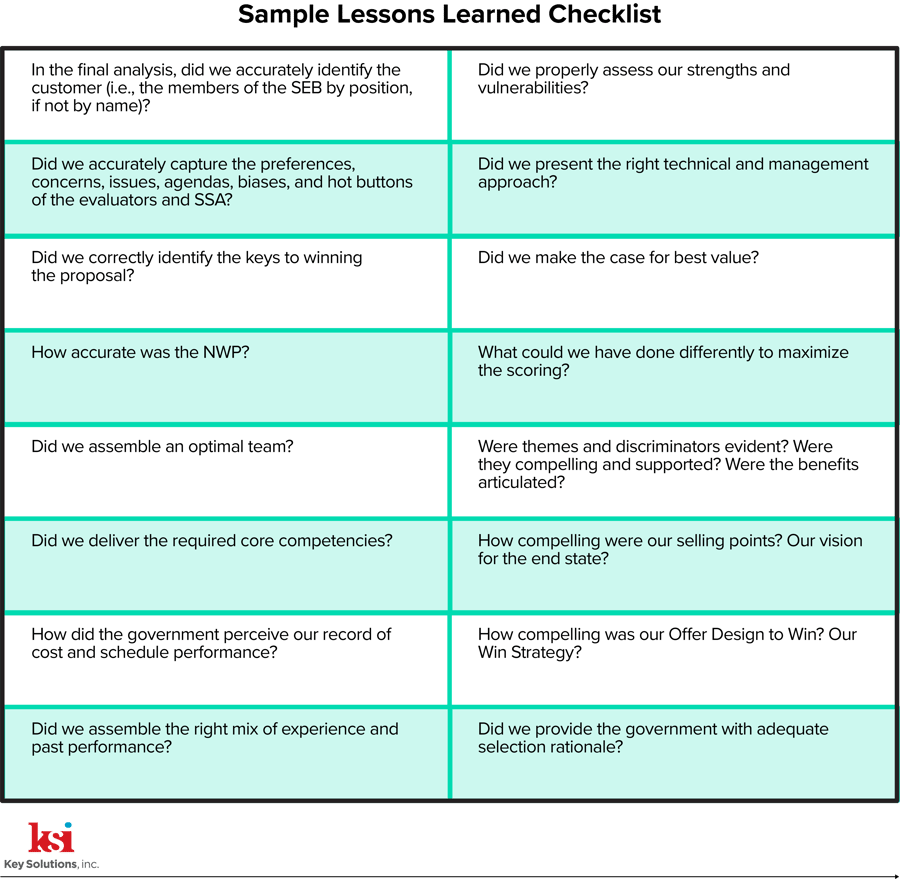
Refresh your content repository.
Creating and maintaining a content repository of reusable material is an industry best practice and is sure to save you valuable time during the busy season.
A content repository allows your team to leverage previous successful efforts and time spent. Take time to create a centralized content repository with easy-to-access, already vetted content and materials that can be broken down into boilerplate and past proposal submission libraries.
Within the boilerplate library, you may want to consider categorizing documents into folders such as certifications and accreditations, graphics, resumes, templates, etc. Within the past proposal submission library, it may make sense to organize your files using the submission year, customer, project name, bidding entity, or based on win or loss. Refreshing your materials in the off-season will save time later and will enhance overall proposal quality.
Evaluate your processes.
Downtime presents your team with a vital opportunity to evaluate your approach to proposal development.
To improve your approach, it is crucial that you take time to assess your methods in search of opportunities to streamline processes for a smoother future. Perhaps you need to adjust your schedule for more editing or production time, or maybe you would benefit from a daily standup call to understand your team’s progress and speed better, or it could be that there have been communication gaps that need to be addressed. Thoroughly evaluate your approach so that you can thoughtfully streamline your processes, which will make future endeavors easier to navigate.
Understand your available resources.
The off-season allows you to perform a gap analysis of your team that will help you determine training deficiencies, team structure weaknesses, and areas for skillset improvement.
During your analysis, it is important to consider the composition of your team and ensure that you have the appropriate type and number of subject matter experts (SMEs) and staff members on board to pursue the list of opportunities in the upcoming year. If you discover that you are not properly equipped for your future plans, consider adding team members to help with the anticipated workload or bringing in outside proposal support to address the upcoming surge.
Understanding your team composition and responding to gaps in the off-season will set you up to win in the future.
Address deficiencies and team build.
After you have performed a team analysis, it is time to address any identified deficiencies.
If you have determined that there are training or skillset deficiencies, this is an opportune time to offer appropriate training activities to fill those gaps.
KSI offers customized training courses for bid and proposal teams. We review your past proposal submissions to understand your proposal products’ current state and quality. This helps us develop training according to the challenges facing your team while facilitating needed skill development. There are many other organizations that offer training including the Association of Proposal Management Professionals.
Team building and investing in your staff’s development will pay dividends. It will not only increase your team’s skill level which will elevate output quality, but it will also create a better work environment and increase morale and staff investment in their roles. Colleagues who feel valued want to do more for their team/company. Addressing deficiencies and team building in the off-season will result in a more efficient and cohesive team moving forward.
Conclusion
A well-organized off-season will save you time during the busy season. In addition to using this time to decompress and recharge, we also recommend using it to document your lessons learned, refresh your content repository, evaluate your processes, understand your team composition, and address deficiencies while you team build.
By using this time thoughtfully and effectively, your company will enter the busy season with refreshed materials, streamlined processes, and a robust cohesive team, making proposal development easier and setting your company up to win big.


